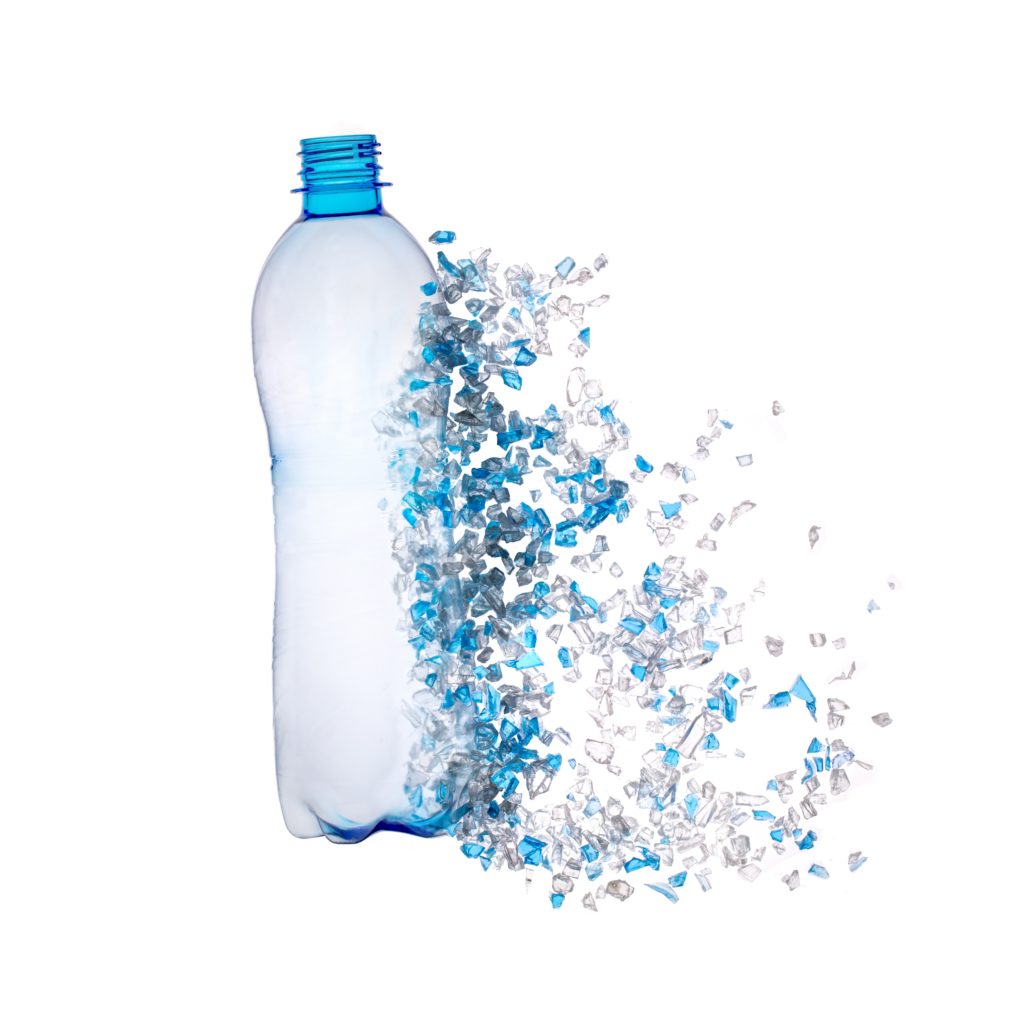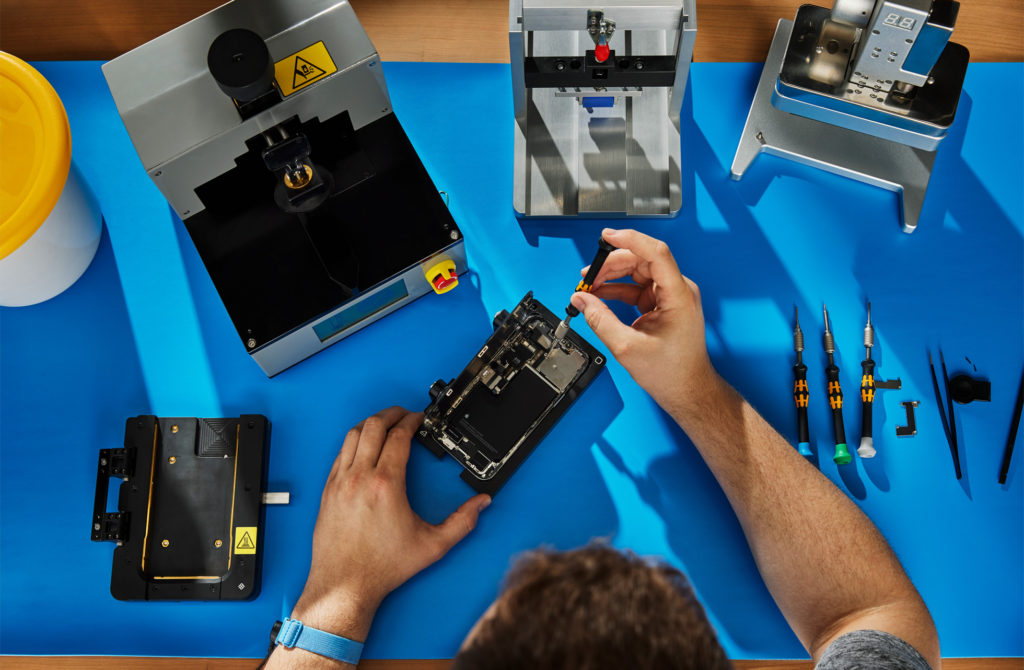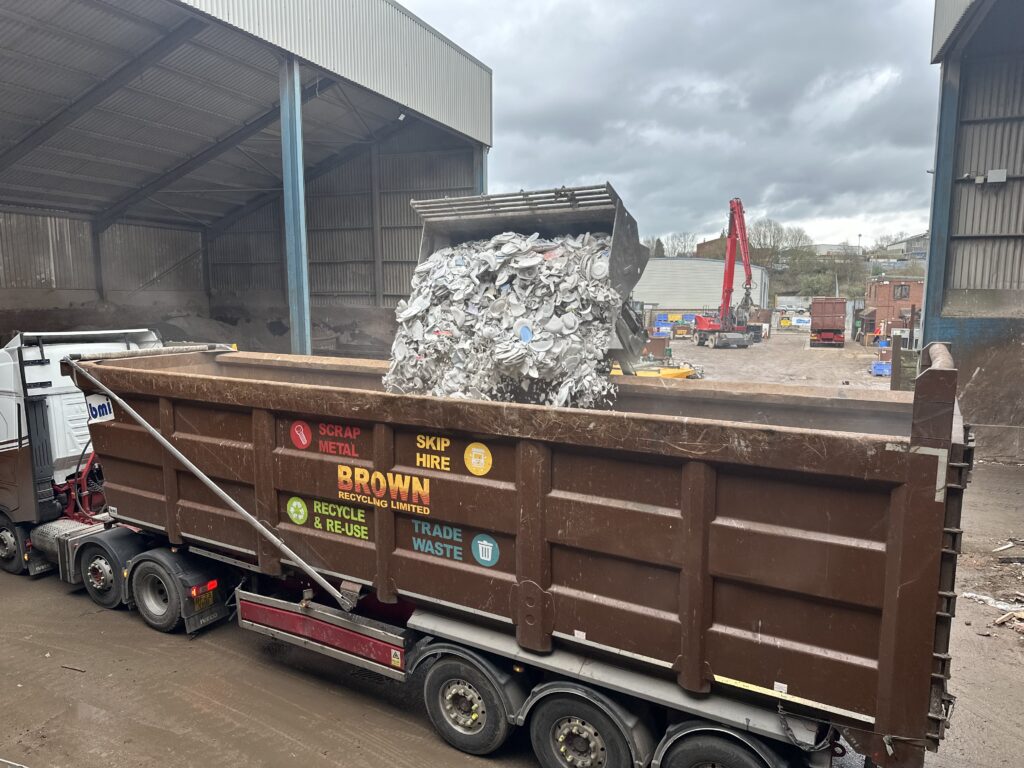But, all alternatives offered under the consultation will see non-recyclable waste burned to recover energy.
A series of public meetings is being held later this month and in November to seek views on what is to be done with the 320,000 tonnes of waste produced in Cheshire after recycling and composting has been carried out.
The Cheshire Waste Partnership, which includes the county and six district councils, is investing 10 million in new recycling and composting services in the next two years. The county recycled 20% of its household waste in 2003/04 and is expecting to increase this to 40% by 2010.
But because of the forthcoming Landfill Allowance Trading Scheme, which progressively reduces the amount of biodegradable waste the councils can send to landfill, the Partnership is looking for another option to deal with household waste that is not separated for recycling over the next 15 years.
Cheshire council council's executive member for the environment, Andrew Needham, said: “In Cheshire we are working hard to reduce residual household waste, and we hope to achieve a 40% combined recycling and composting rate by 2010.
“But we still face a huge challenge, as all residual waste cannot continue to go to landfill due to new legislation and rising costs – not to mention the impact it has on the environment,” he added.
Options
Five options are being put before the public for Cheshire's residual waste:
- One large energy-from-waste incinerator for all residual waste.
- One large EfW incinerator for some waste, with some waste sent to landfill.
- A number EfW incinerators built over time.
- One of more MBT plants to pre-treat waste producing refuse-derived fuel (RDF) for use outside the county.
- One or more MBT plants and a new EfW facility to use the RDF.
The Partnership said its preferred approach would be to treat all residual waste to minimise landfill, with facilities at more than one site including MBT. The process of MBT sees mixed household waste composted, with materials like metal removed for recycling, before being dried to become a refuse-derived fuel.
RDF
Under Cheshire's preferred approach, refuse-derived fuel would be partly sold outside the county and partly used in a “smaller” EfW facility in Cheshire in the preferred approach. It said that the choice of facility “should not be based on cost alone”.
Councillor Needham said: “When we consulted Cheshire residents on a draft household waste strategy in 2001, 84% of respondents agreed that energy-from-waste should be considered once as much recycling and composting had taken place.”
A leaflet produced to provide guidance for residents warned that it could take up to 12 years to develop waste treatment facilities and that if the county does not decide now, it could miss its landfill diversion targets after 2010, “leading to massive annual fines”. It said: “missing the 2010 target by just 10% would mean a fine of over 3 million each year”.
Under the Landfill Allowance Trading Scheme, which begins in April next year, councils will be fined 200 for every tonne of biodegradable material they send to landfill beyond their allocation of landfill allowances.











Subscribe for free